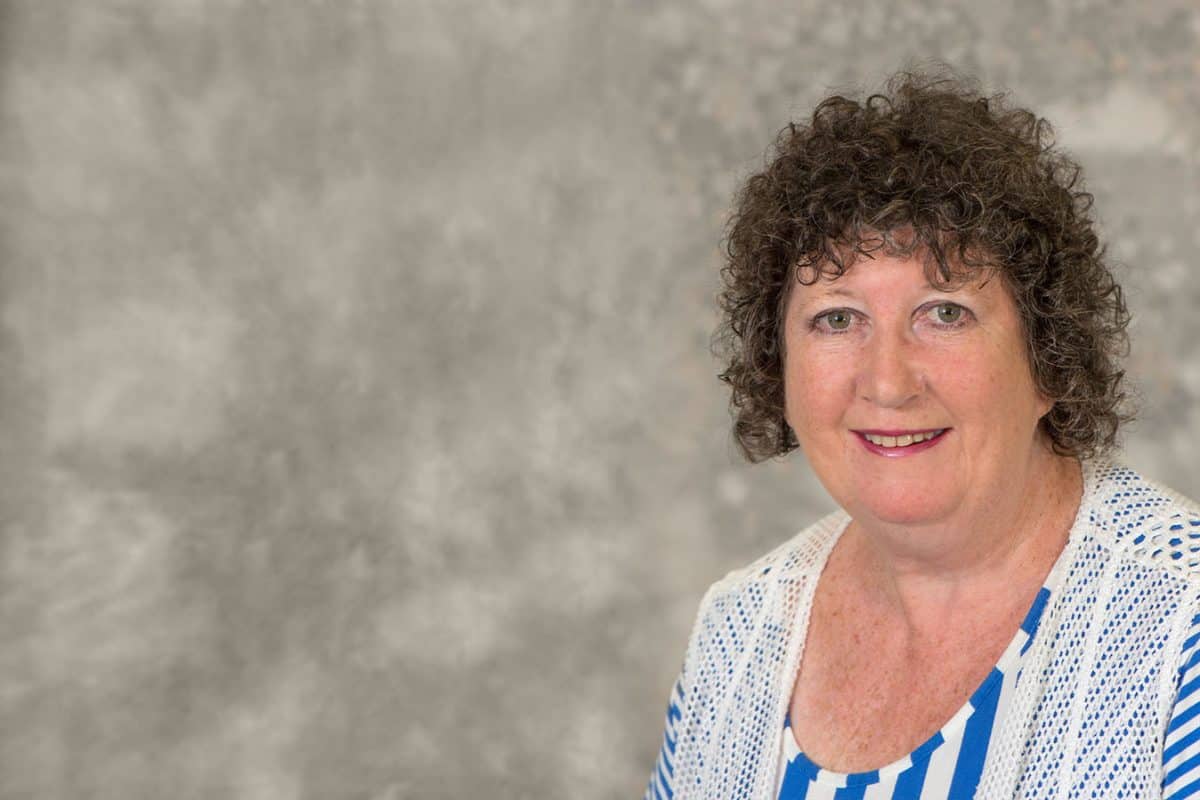As I was preparing for this last legal issues editorial that I will be writing for the journal, I was conscious of the shift in focus of legal matters concerning health professionals over the years.
With few landmark civil cases in recent years, the main arena for scrutiny of professional practice and conduct has been through the Coroner’s Court and the Tribunals, with a slight increase in criminal matters involving health professionals – or those pretending to be.
In fact, the Australian Health Practitioner Regulation Agency (Ahpra) has recently completed 100 criminal prosecutions protecting the public from unregistered health practitioners. These cases vary from practitioners who once held registration but let it lapse and continued to practice in their field unregistered, to those holding out as practitioners but have never qualified nor registered in the profession they were holding out in – including a fake dentist prosecuted twice by Ahpra for performing a wide range of dental procedures as well as administering prescribed medications without authorisation to do so.
On the other hand are registered practitioners such as Michael Dempsey, who held out 11 others as either qualified physiotherapists or occupational therapists in aged care homes who were actually taxi drivers or hospitality workers with no relevant qualifications or registration. The risk to public safety is clear in these cases – the obligation for systems to be in place ensuring only appropriately qualified and registered health professionals are engaged to provide services is obvious.
However, some qualified and registered health practitioners also pose a risk to public safety through abuse of power and the authority that comes with registration or poor clinical performance – often through normalisation of poor practice and a failure to reflect on actual or near miss events.
In the 2021/22 annual report, Ahpra regulated more than 850,000 practitioners across 16 professions. During that year, there were approximately 18,710 notifications about 14,313 health practitioners (1.7% of practitioners), a 6.2% rise from the previous year – mainly about clinical care.
In more than 60% of these cases, no further regulatory action was required due to steps already taken by the practitioner and/or their employer addressing any risk to public safety. Some cases, however, warranted referral to tribunals where there has been actual or potential harm to patients, often due to choices made by the practitioner to act in a manner inconsistent with professional standards and public expectation.
For example, during 2021/22, there were 925 notifications concerning possible failure to maintain professional boundaries – an increase of 63% on the previous year. The majority of these (81.4%) related to three professions – 43% medical practitioners, 26% nurses and 13% psychologists where there was a clear power imbalance between practitioner and client. As each profession has very clear guidelines for practitioners on this matter, and each practitioner declares annually that they understand their professional obligations regarding professional standards and codes of conduct, there is cause for concern that there is an increase in these notifications.
There have also been cases involving an abuse of authority through breaches of confidentiality, mismanagement of medications and fraudulent and unauthorised prescribing for self, family or patients. These cases can reveal a serious health impairment of the practitioner, well-meaning but misguided exercise of clinical judgement or just poor practice. They all involve some level of choice to adhere to professional standards and expected conduct or not.
Too often, poor practice leads to normalisation of the behaviour where both the practitioner and sometimes those working with them accept the conduct as standard and rationalise this through referring to poor staffing/skill mix or workplace culture rather than taking an objective and informed appraisal of the practice. In some cases, this review only occurs through the Coroner’s Court, where such events have led to an avoidable death.
We all make choices and draw a line in the sand as to what we are prepared to be accountable for – if we choose to practice in a manner that is less than the expected standard of our profession, then we choose to accept the consequences for this. The statistics tell us that only a small number of practitioners make this choice and that the majority of registered practitioners provide exceptional care to the public. However, that the number of notifications concerning practitioners increases annually should serve as a message to us all to be vigilant in maintaining professional standards of both ourselves and our colleagues.
I hope that the cases I have discussed over the years through this column have been useful in raising awareness and perhaps triggering some self-reflection around how we practice in line with professional and public expectations.








